News
Wageningen, NWVA to merge into new institute
21 Jan 2019RIKILT Wageningen University & Research and the Netherlands Food and Consumer Product Safety Authority (NVWA)’s Laboratory for Food and Feed Safety will merge into a new institute effective 1 June 2019.

RIKILT Wageningen University & Research and the Netherlands Food and Consumer Product Safety Authority (NVWA)’s Laboratory for Food and Feed Safety will merge into a new institute effective 1 June 2019. The institute will be called Wageningen Food Safety Research (WFSR) and will be part of Wageningen University & Research.
With the merger of the two organisations, WFSR said that the Netherlands will be welcoming a unique knowledge institute for food and feed safety. The new institute can carry out lab work for the NVWA and the Dutch central government in a more effective and knowledge intensive manner. This merger, it said, will benefit knowledge in the area of food and feed safety, as well as knowledge of food fraud. Wageningen Food Safety Research is to act as a resource during incidents and crises that affect the NVWA, the ministry of Agriculture, Nature and Food Quality (LNV) and the Ministry of Health, Welfare and Sport (MZS), as well as play a role during environmental, poisoning and food contamination incidents. WFSR will also function as an international and European reference laboratory.Owing to this joining of forces, WFSR said that the new institute will be able to further enhance its reputation as a world-class research centre.RIKILT (230 employees) and the Laboratory for Food and Feed Safety (130 employees) are located in the same building and have been working closely together for some time already.Related news
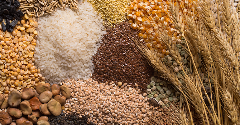
Sustainable grains present a healthy growth opportunity
3 Oct 2024
Food insights provider SPINS unveils the latest trends in the sustainable grains field, exploring how seven leading grains show healthy growth despite challenges in the global value chain.
Read more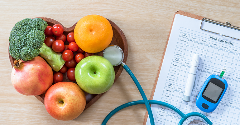
Will we see a wave of NPD that focuses on insulin management?
1 Oct 2024
As a new study finds protein and fats can help manage insulin, food manufacturers are building on emerging GLP-1 platforms and supporting nutritional guidance.
Read more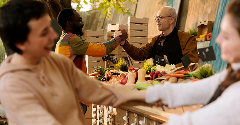
New environmental food scoring standards emerge
30 Sep 2024
EIT Food and Foundation Earth collaborate to launch environmental food scoring for products entering the global supply chain.
Read more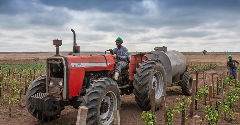
Africa progresses with food transformation strategy
19 Sep 2024
Large-scale efforts are underway to drastically change the African food sector with a $61 billion (€55 bn) set of proposed transformation plans to be implemented across forty countries. Yet there are concerns that this initiative severely jeopardises s...
Read more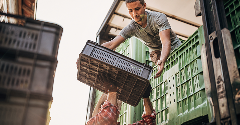
European Commission releases new supply chain recommendations
6 Sep 2024
The European Union’s (EU) legislative arm publishes its latest guidance on protecting the market’s food supply chain against current and future crises.
Read more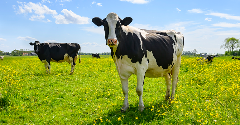
Tesco trials methane mitigation supplement for dairy cattle
5 Sep 2024
Tesco is trialing a methane-reducing feed supplement for one of its key UK dairy farms, sustainable UK milk producer Grosvenor Farms.
Read more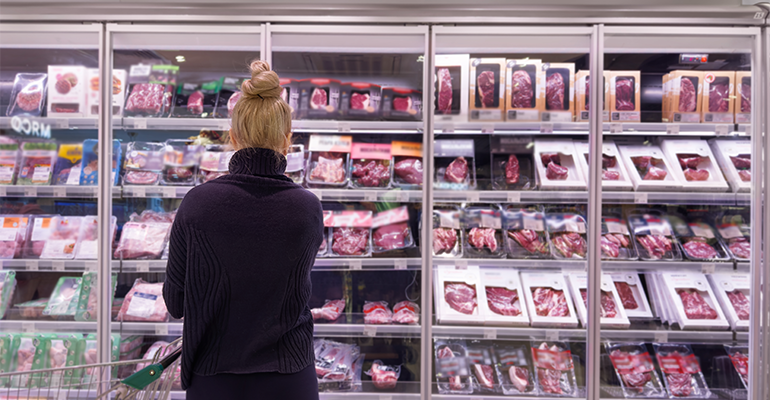
European consumers want more freedom to choose biotech-based food
3 Sep 2024
Survey findings point to growing levels of interest in cultivated meat as European consumers say they want the freedom to choose the lab-based products.
Read more
Will ‘foie gras’ become the EU’s first approved cultivated meat?
20 Aug 2024
French startup Gourmey has submitted its cultivated foie gras for approval in the European Union (EU), signalling the first application of its kind in the region.
Read more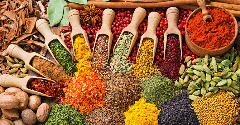
Europe gravitates to African spices
19 Aug 2024
Shipping delays, limited production output and climate change impact Europe’s spice supply, creating opportunities for African brands to enter the captive market.
Read more
Paris Olympics: Food and beverage brands champion health, fun, and sustainability
5 Aug 2024
Food and beverage brands are aligning with the Paris Olympics 2024 Food Vision, which emphasises sustainability, local sourcing, and plant-based diets.
Read more